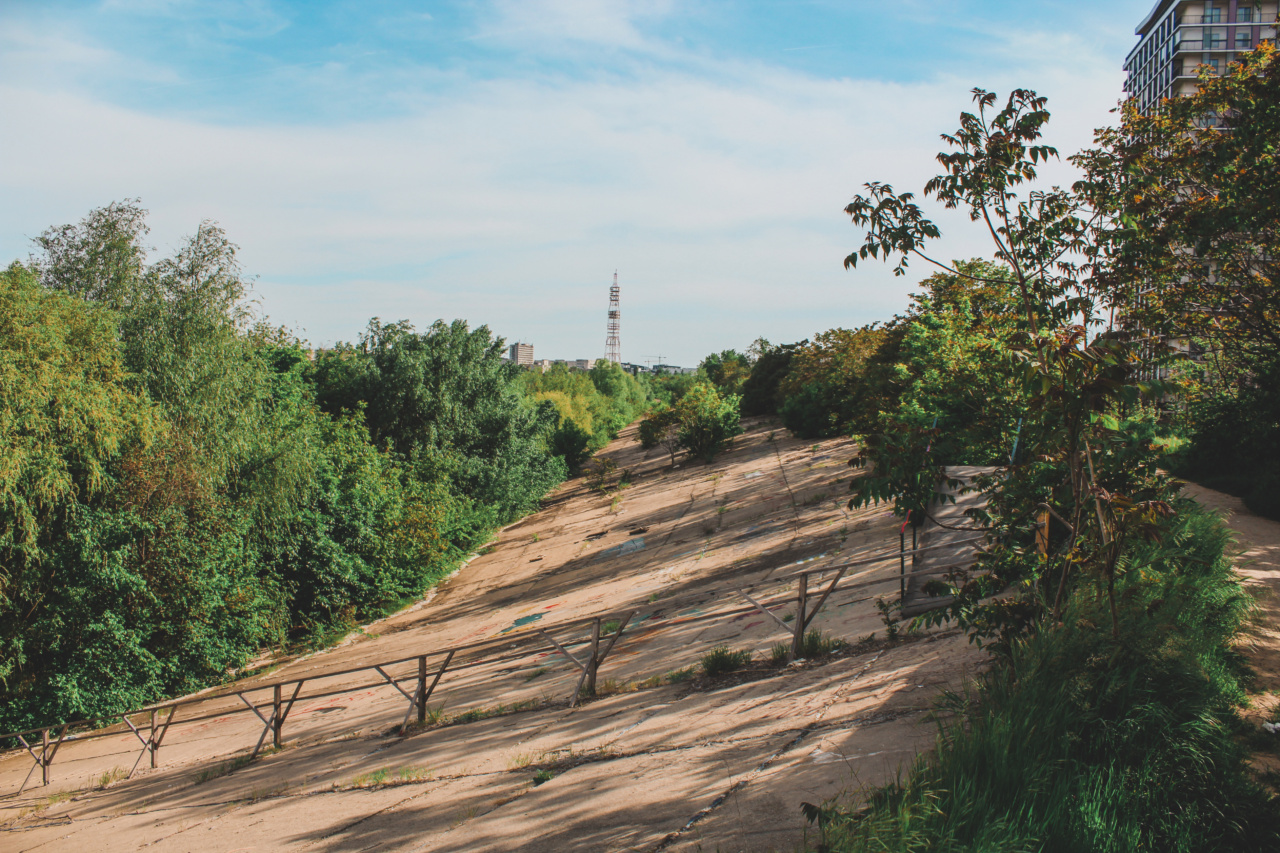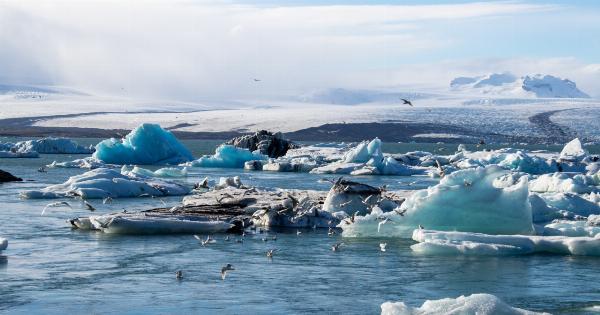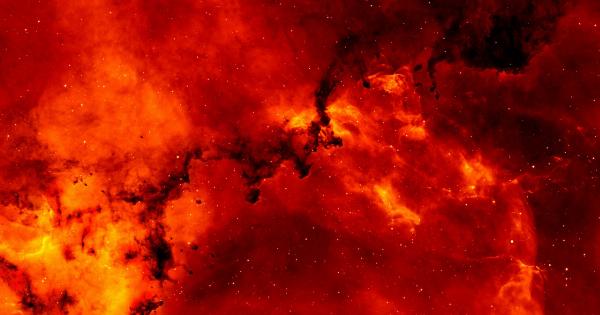Throughout history, there have been numerous predictions and prophecies about the end of the world. From cataclysmic events to supernatural occurrences, people have long speculated about the demise of humanity.
However, amidst these doomsday prophecies, there are also individuals who refuse to believe in an apocalypse. In this article, we debunk some of the most popular myths perpetuated by apocalypse naysayers.
Myth 1: The Mayan Calendar Predicted the End of the World in 2012
One of the most well-known apocalyptic predictions in recent history is the claim that the ancient Mayan calendar pointed to a cataclysmic event set to occur in 2012. Many believed that this marked the end of the world.
However, scholars and experts have debunked this myth. The Mayan calendar simply transitioned to a new cycle, similar to our calendar reaching December 31st and starting a new year on January 1st.
Myth 2: Nostradamus Predicted the Apocalypse
Nostradamus, the French astrologer and physician, is often associated with predicting major world events, including the end of the world. However, his prophecies were highly vague and open to interpretation.
Many of his predictions have been retroactively associated with historical events, but there is no concrete evidence to support that he had foreseen the apocalypse.
Myth 3: The Large Hadron Collider Will Cause a Black Hole
When the Large Hadron Collider (LHC) was first activated, some alarmists claimed that it would generate a black hole capable of swallowing the Earth. However, the LHC has been operational for years, and no such catastrophic event has occurred.
Scientists thoroughly studied the potential risks before launching the LHC, ensuring that it poses no threat to the world.
Myth 4: The Planet Nibiru Will Collide with Earth
In certain conspiracy circles, it has been believed that a mysterious planet called Nibiru, also known as Planet X, is on a collision course with Earth. Proponents of this theory argue that governments and space agencies are hiding its existence.
However, there is no scientific evidence to support the existence of Nibiru, and astronomers have consistently debunked this myth.
Myth 5: Alien Invasions
Popular culture often depicts extraterrestrials invading Earth as a precursor to the apocalypse. While encounters with intelligent life beyond our planet remain uncertain, there is no scientific evidence to suggest that aliens are planning an invasion.
Speculation about hostile extraterrestrials tends to be more rooted in science fiction than in actual research or evidence.
Myth 6: Religious Judgments
Throughout history, various religious texts and figures have been associated with prophecies of the apocalypse and the final judgment day. These predictions often stir fear and anxiety among believers.
However, the concept of religious judgment is a matter of faith and spirituality, rather than empirically verifiable events. Interpretations of religious texts vary widely, leading to a multitude of predictions that are largely subjective and open to personal belief.
Myth 7: Global Pandemics
With the recent outbreak of COVID-19, fears of a global pandemic leading to the end of the world have resurfaced.
While pandemics pose significant challenges, history has shown that humanity can overcome diseases through scientific advancements and collective efforts. While global health crises can be devastating, they are not indicative of an inevitable apocalypse.
Myth 8: Natural Disasters
Earthquakes, hurricanes, and other natural disasters often lead some individuals to believe that the end is near. While these events can cause substantial damage and loss of life, they are part of the Earth’s natural processes.
Science and technology continue to advance, enabling us to better understand and mitigate the impact of these disasters. It is important to prepare and adapt to the ever-changing environment, rather than succumbing to apocalyptic fears.
Myth 9: Global Warming
As environmental concerns become increasingly urgent, some argue that global warming will eventually lead to an apocalyptic event.
While climate change poses serious threats to our environment and ecosystems, there is still time to address these issues and work towards sustainable solutions. By taking collective action, we can mitigate the impact of global warming and build a more resilient future.
Myth 10: Nuclear Annihilation
The fear of nuclear war and the subsequent annihilation of the world has been a prevalent concern since the Cold War era.
While the threat of nuclear weapons should not be taken lightly, diplomatic efforts and arms control agreements have significantly reduced the risk of global nuclear conflict. The elimination of nuclear weapons remains a goal for many nations worldwide.
Conclusion
Despite the persistent predictions and prophecies, there is a plethora of myths surrounding the apocalypse. From misinterpretations of ancient calendars to sensationalized claims, these myths often lack scientific evidence and objective validation.
It is essential to critically evaluate such claims and rely on empirical research when assessing the likelihood of an apocalypse. Rather than succumbing to fear and doomsday prophecies, embracing scientific advancements and collective action can help build a brighter and more resilient future for humanity.
























